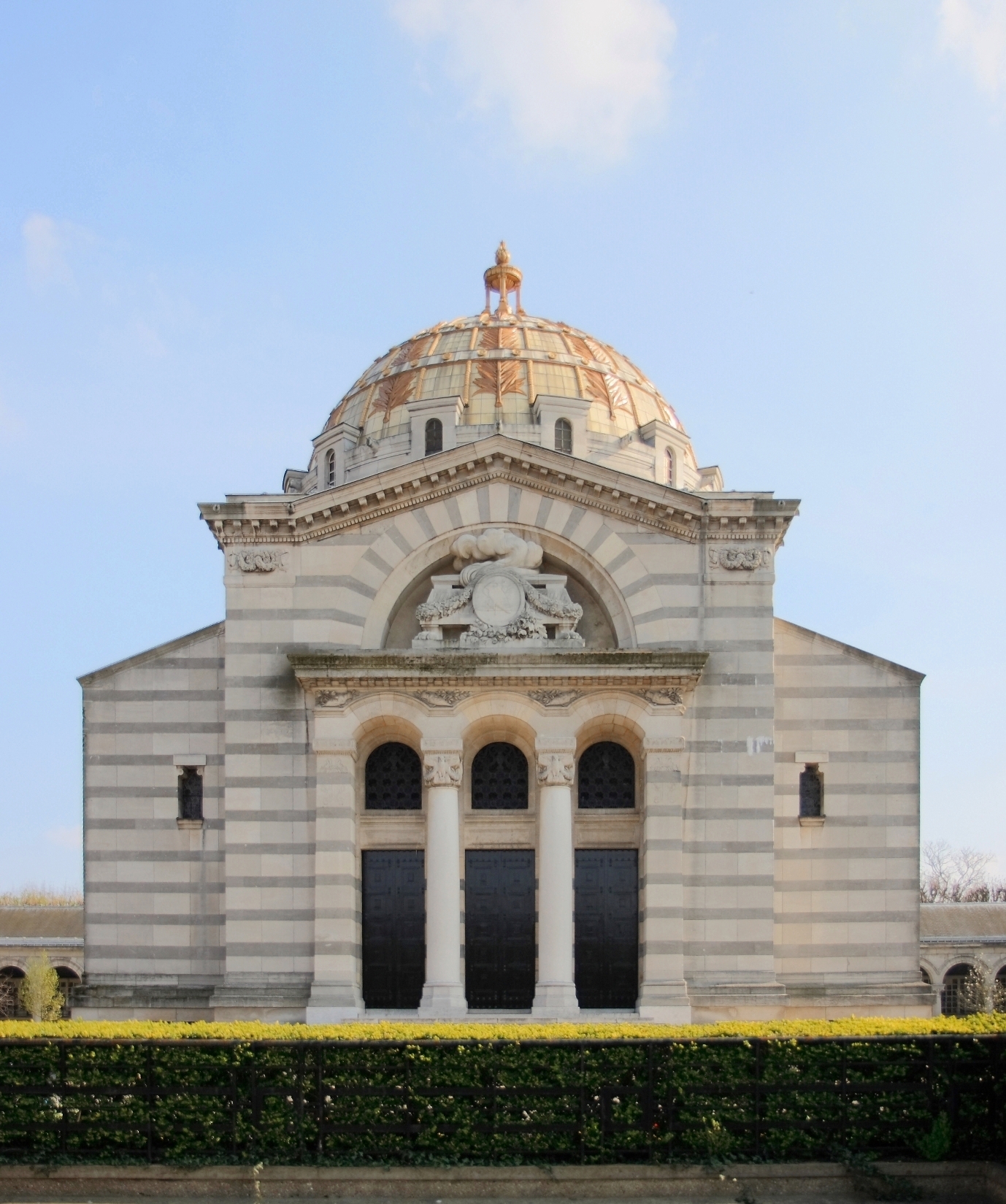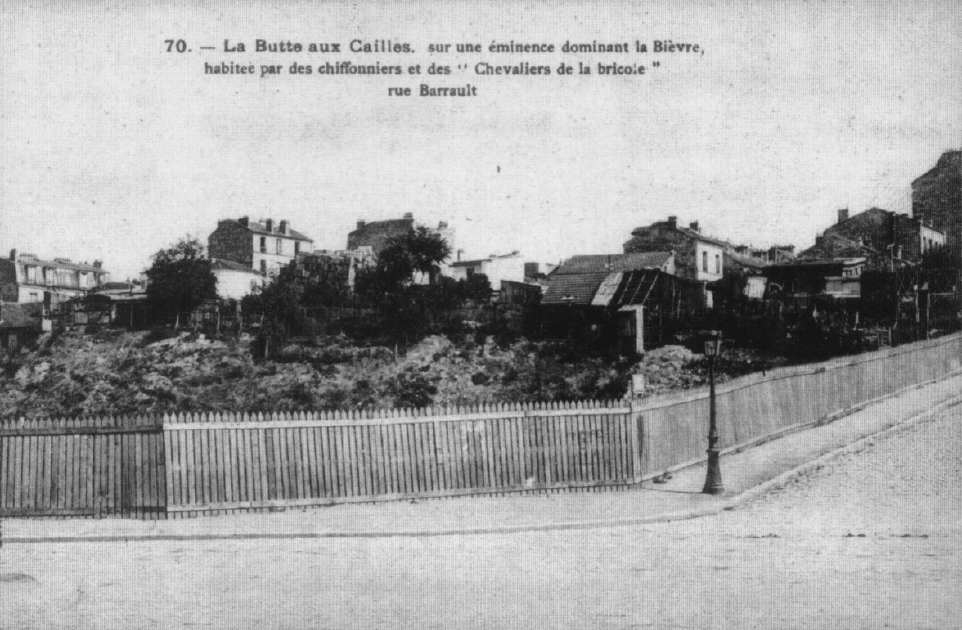|
Walery Antoni Wróblewski
Walery Antoni Wróblewski ( be, Валерый Антоні Урублеўскі, translit=Valiery Antoni Urublieuski; also used. 27 December 1836 – 5 August 1908) was a Belarusian-French revolutionary, politician, general of Paris Commune and commander of January Uprising and one of the leaders of the Reds. Early life Walery Antoni Wróblewski was born in to an impoverished szlachta family. His father Antoni worked as a forester. During his studies, he participated in the student movement, was a member of an illegal revolutionary circle led by Polish revolutionary democrats such as Zygmunt Sierakowski and Jarosław Dąbrowski. He was sent to work for the position of the deputy head of the forestry school in Sokółka, and in 1861 he became the head of the school and was appointed a second lieutenant. He actively participated in the creation of an illegal revolutionary organization in the Grodno region and carried on propaganda among school students. Together with Ko ... [...More Info...] [...Related Items...] OR: [Wikipedia] [Google] [Baidu] |
Père Lachaise Cemetery
Père Lachaise Cemetery (french: Cimetière du Père-Lachaise ; formerly , "East Cemetery") is the largest cemetery in Paris, France (). With more than 3.5 million visitors annually, it is the most visited necropolis in the world. Notable figures in the arts buried at Père Lachaise include Michel Ney, Frédéric Chopin, Émile Waldteufel, Édith Piaf, Marcel Proust, Georges Méliès, Marcel Marceau, Sarah Bernhardt, Oscar Wilde, Thierry Fortineau, J.R.D. Tata, Jim Morrison and Sir Richard Wallace. The Père Lachaise is located in the 20th arrondissement of Paris, 20th arrondissement and was the first garden cemetery, as well as the first municipal cemetery in Paris. It is also the site of three World War I memorials. The cemetery is located on the Boulevard de Ménilmontant. The Paris Métro station Philippe Auguste (Paris Métro), Philippe Auguste on Paris Métro Line 2, Line 2 is next to the main entrance, while the station Père Lachaise (Paris Métro), Père Lachaise, on both ... [...More Info...] [...Related Items...] OR: [Wikipedia] [Google] [Baidu] |
Zygmunt Sierakowski
Zygmunt Sierakowski ( be, Зігмунт Ігнатавіч Серакоўскі, lt, Zigmantas Sierakauskas) (19 May 1826, Lisów – 27 June 1863, Vilnius) was a Polish leader of the January Uprising in lands of the former Grand Duchy of Lithuania in the Polish–Lithuanian Commonwealth. Sierakowski was married with his wife Apolonia Dalewska in Kėdainiai, present-day Lithuania in 1862. According to the verdict of the Military Field Court (confirmed by the Governor General of the Vilna Governorate Mikhail Muravyov-Vilensky on June 25, 1863), he was hanged in Lukiškės Square in Vilnius and was secretly buried on Gediminas' Hill (his remains were found and researched in 2017, and honorably reburied in the Rasos Cemetery Chapel on November 22, 2019). One of the most precious artefacts found alongside his remains was a wedding ring A wedding ring or wedding band is a finger ring that indicates that its wearer is married. It is usually forged from metal, traditionally gold ... [...More Info...] [...Related Items...] OR: [Wikipedia] [Google] [Baidu] |
1836 Births
Events January–March * January 1 – Queen Maria II of Portugal marries Prince Ferdinand Augustus Francis Anthony of Saxe-Coburg-Gotha. * January 5 – Davy Crockett arrives in Texas. * January 12 ** , with Charles Darwin on board, reaches Sydney. ** Will County, Illinois, is formed. * February 8 – London and Greenwich Railway opens its first section, the first railway in London, England. * February 16 – A fire at the Lahaman Theatre in Saint Petersburg kills 126 people."Fires, Great", in ''The Insurance Cyclopeadia: Being an Historical Treasury of Events and Circumstances Connected with the Origin and Progress of Insurance'', Cornelius Walford, ed. (C. and E. Layton, 1876) p76 * February 23 – Texas Revolution: The Battle of the Alamo begins, with an American settler army surrounded by the Mexican Army, under Santa Anna. * February 25 – Samuel Colt receives a United States patent for the Colt revolver, the first revolving barrel multishot firearm. * March 1 ... [...More Info...] [...Related Items...] OR: [Wikipedia] [Google] [Baidu] |
Polish Socialist Party – Revolutionary Faction
The Polish Socialist Party – Revolutionary Faction ( pl, Polska Partia Socjalistyczna – Frakcja Rewolucyjna, PPS–FR) also known as the Old Faction ( pl, Starzy, links=no) was one of two factions into which the Polish Socialist Party split in 1906. The Revolutionary Faction's primary goal was to restore an independent Poland, which was envisioned as a representative democracy. Its opposition was the Polish Socialist Party – the Left (also known as ''PPS–L'' or the Young Faction), which believed that Poland should be a socialist country, established through proletarian revolution, and likely a part of some larger international communist country. With the failure of revolution in the Kingdom of Poland (1905-1907) PPS–L lost popularity, and PPS–FR regained dominance. In 1909 PPS–FR renamed itself back to ''Polska Partia Socjalistyczna'' (Polish Socialist Party); the increasingly marginal PPS–L merged with Social Democracy of the Kingdom of Poland and Lithuania ... [...More Info...] [...Related Items...] OR: [Wikipedia] [Google] [Baidu] |
Mikhail Bakunin
Mikhail Alexandrovich Bakunin (; 1814–1876) was a Russian revolutionary anarchist, socialist and founder of collectivist anarchism. He is considered among the most influential figures of anarchism and a major founder of the revolutionary socialist and social anarchist tradition. Bakunin's prestige as a revolutionary also made him one of the most famous ideologues in Europe, gaining substantial influence among radicals throughout Russia and Europe. Bakunin grew up in Pryamukhino, a family estate in Tver Governorate. From 1840, he studied in Moscow, then in Berlin hoping to enter academia. Later in Paris, he met Karl Marx and Pierre-Joseph Proudhon, who deeply influenced him. Bakunin's increasing radicalism ended hopes of a professorial career. He was expelled from France for opposing The Russian Empire's occupation of Poland. In 1849, he was arrested in Dresden for his participation in the Czech rebellion of 1848 and deported to Russian Empire, where he was imprisoned fir ... [...More Info...] [...Related Items...] OR: [Wikipedia] [Google] [Baidu] |
Karl Marx
Karl Heinrich Marx (; 5 May 1818 – 14 March 1883) was a German philosopher, economist, historian, sociologist, political theorist, journalist, critic of political economy, and socialist revolutionary. His best-known titles are the 1848 pamphlet ''The Communist Manifesto'' and the four-volume (1867–1883). Marx's political and philosophical thought had enormous influence on subsequent intellectual, economic, and political history. His name has been used as an adjective, a noun, and a school of social theory. Born in Trier, Germany, Marx studied law and philosophy at the universities of Bonn and Berlin. He married German theatre critic and political activist Jenny von Westphalen in 1843. Due to his political publications, Marx became stateless and lived in exile with his wife and children in London for decades, where he continued to develop his thought in collaboration with German philosopher Friedrich Engels and publish his writings, researching in the British Mus ... [...More Info...] [...Related Items...] OR: [Wikipedia] [Google] [Baidu] |
International Workingmen's Association
The International Workingmen's Association (IWA), often called the First International (1864–1876), was an international organisation which aimed at uniting a variety of different left-wing socialist, communist and anarchist groups and trade unions that were based on the working class and class struggle. It was founded in 1864 in a workmen's meeting held in St. Martin's Hall, London. Its first congress was held in 1866 in Geneva. In Europe, a period of harsh reaction followed the widespread Revolutions of 1848. The next major phase of revolutionary activity began almost twenty years later with the founding of the IWA in 1864. At its peak, the IWA reported having 8 million members while police reported 5 million. In 1872, it split in two over conflicts between statist and anarchist factions and dissolved in 1876. The Second International was founded in 1889. Origins Following the January Uprising in Poland in 1863, French and British workers started to discuss developing ... [...More Info...] [...Related Items...] OR: [Wikipedia] [Google] [Baidu] |
Butte-aux-Cailles
The Butte-aux-Cailles (; a name that could be translated into "quail hill", although it originates from its former landowner Pierre Caille, who bought a vineyard here in 1543) is a hilltop neighbourhood of Paris, France France (), officially the French Republic ( ), is a country primarily located in Western Europe. It also comprises of overseas regions and territories in the Americas and the Atlantic, Pacific and Indian Oceans. Its metropolitan area ... located in Paris' south-eastern 13th arrondissement. A now extinct river, the ''Bièvre'' (from Latin 'Beaver'), once made this area important for the tannery and tissue trades. City Getaway Paris Guide Today the Butte-aux-Cailles area assembles a young, trendy and festive Parisian population in its many small bars and restaurants. Since its incorporation in ... [...More Info...] [...Related Items...] OR: [Wikipedia] [Google] [Baidu] |
Semaine Sanglante
The ''semaine sanglante'' ("") was a weeklong battle in Paris from 21 to 28 May 1871, during which the French Army recaptured the city from the Paris Commune. This was the final battle of the Paris Commune. Following the Treaty of Frankfurt and France's loss in the Franco-Prussian War, on March 18 the new French government under Prime Minister Adolphe Thiers attempted to remove a large number of cannon from a park in Montmartre, to keep them out of the hands of the more radical soldiers of the Paris National Guard. In the confrontation that followed, two French generals were seized and executed by the National Guard. Thiers, the army commander Patrice MacMahon and the French government hurriedly left the city, and established their headquarters in Versailles, and prepared plans to recapture the city. The Paris Commune made an unsuccessful attack on Versailles under the leadership of Louis Charles Delescluze. Between May 8 and May 20, French forces had retaken the territory su ... [...More Info...] [...Related Items...] OR: [Wikipedia] [Google] [Baidu] |
Romuald Traugutt
Romuald Traugutt (16 January 1826 – 5 August 1864) was a Polish general and war hero best known for commanding the January Uprising of 1863. From October 1863 to August 1864 he was the leader of the insurrection. He headed the Polish national government from 17 October 1863 to 20 April 1864, and was president of its Foreign Affairs Office. Traugutt was born on the Šastakova estate in Hrodna Governorate of the Russian Empire (nowadays the village of Šastakova in Kamenets District of Belarus). He graduated from the Svislač Gymnasium in 1842 and joined the army. Before the uprising he was a Lieutenant Colonel in the Russian army, where he won distinction in the Crimean War. He retired from the army in 1862 and became involved with Polish nationalists.Lerski, Jerzy Jan (editor) (1996) "Traugutt, Romuald" ''Historical dictionary of Poland, 966-1945'' Greenwood Publishing, Westport, Connecticutpages 609-610 After leading a partisan unit in the initial rebellion, he became leade ... [...More Info...] [...Related Items...] OR: [Wikipedia] [Google] [Baidu] |






